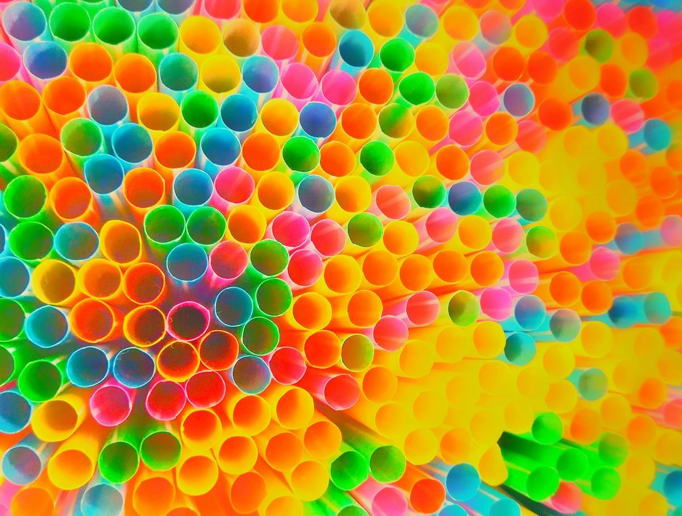Plastics Industry Faces Pressure Amid Global Calls to Ban Plastics – The United Kingdom’s Environment Secretary Michael Gove recently brought up the possibility of outright banning plastic straws as part of a crackdown on plastics production and consumption in order to fight plastics pollution in the world’s oceans – Plastics Industry Ban Plastics - Arhive
Plastics Industry Ban Plastics Plastics Industry Ban Plastics Plastics Industry Ban Plastics Plastics Industry Ban Plastics Plastics Industry Ban Plastics Plastics Industry Ban Plastics Plastics Industry Ban Plastics
Plastics Industry Faces Pressure Amid Global Calls to Ban Plastics
The United Kingdom’s Environment Secretary Michael Gove recently brought up the possibility of outright banning plastic straws as part of a crackdown on plastics production and consumption in order to fight plastics pollution in the world’s oceans.
The Marine Conservation Society, a British non-profit organization focusing on marine protection and advocacy, reports that 8.5 billion plastic straws are used in Britain alone every year. It also reports that plastic straws are often one of the biggest contributors to the plastics pollution problem as they are often the most commonly found object during beach cleanups.
The move by the UK comes as part of a global push to ban single-use plastic products like plastic straws. Taiwan has recently announced plans to completely ban single-use plastic products by 2030 and to implement the ban on restaurants by 2020.
British Prime Minister Theresa May has also recently declared a “war on plastic” by mandating supermarkets to charge an extra fee for plastic bags. Prominent British food companies like Costas Coffee have also pledged to phase out usage of plastics.

Photo by the New York Daily News
The European Union has also pledged to push its 27 remaining members to completely ban single-use plastic products by 2030.
Many efforts to ban these single-use products have concentrated on the municipal levels, with cities like Glasgow banning straws plastic straws in its municipal buildings and Seattle mandating restaurants to use biodegradable straws.
Companies and restaurant suppliers that manufacture and deal with such biodegradable products have reported an increase in demand for their products and services. However, barriers remain as biodegradable products cost five to six times more than their plastic counterparts.
Industry groups like the British Plastics Federation have already voiced opposition to an outright ban as it suggests alternative approaches towards tackling the pollution problem. Some opponents of potential future bans also suggest better waste collection systems that eliminate single-use plastic products as better ways to fight pollution.
Nonetheless, oil companies like BP have began to predict demand for oil to be dented due to the new global awareness on the damages of plastics. BP’s chief economist, Spencer Dale, claims that governments around the world, from the UK to China, are clamping down on plastics and changing related regulations.
The report suggests that the world will demand 2 million fewer barrels of oil everyday by 2040 due to the various anti-plastics measures and bans being enacted around the world.
Related Topics

